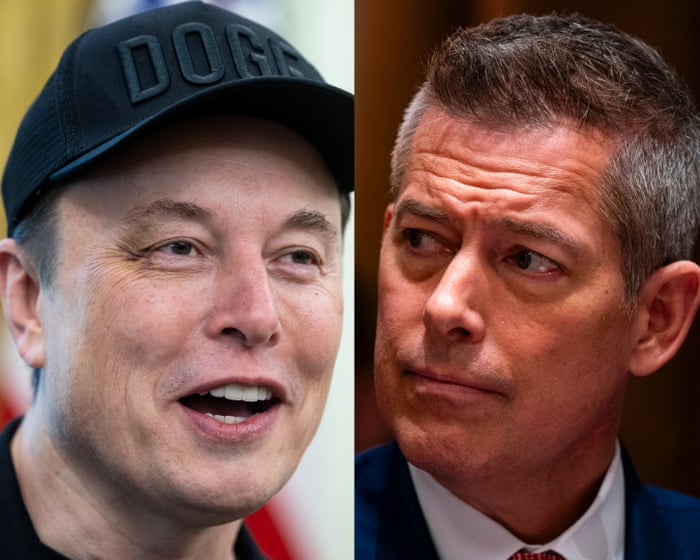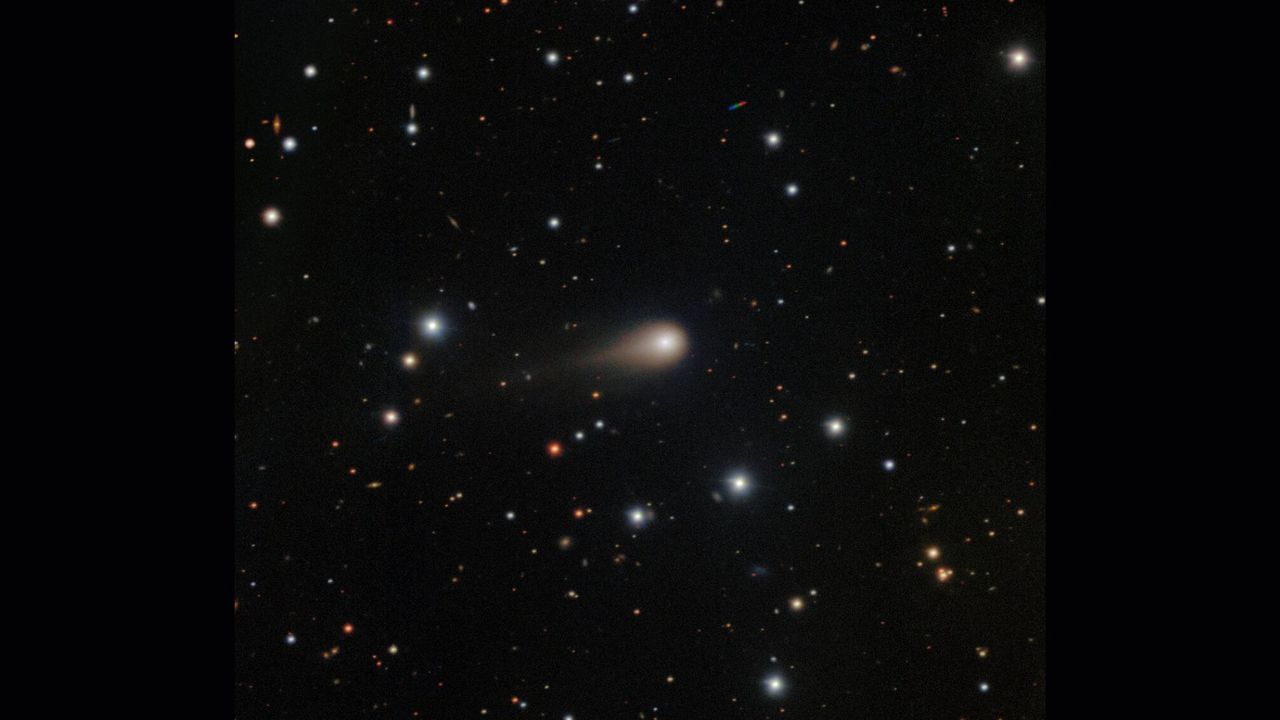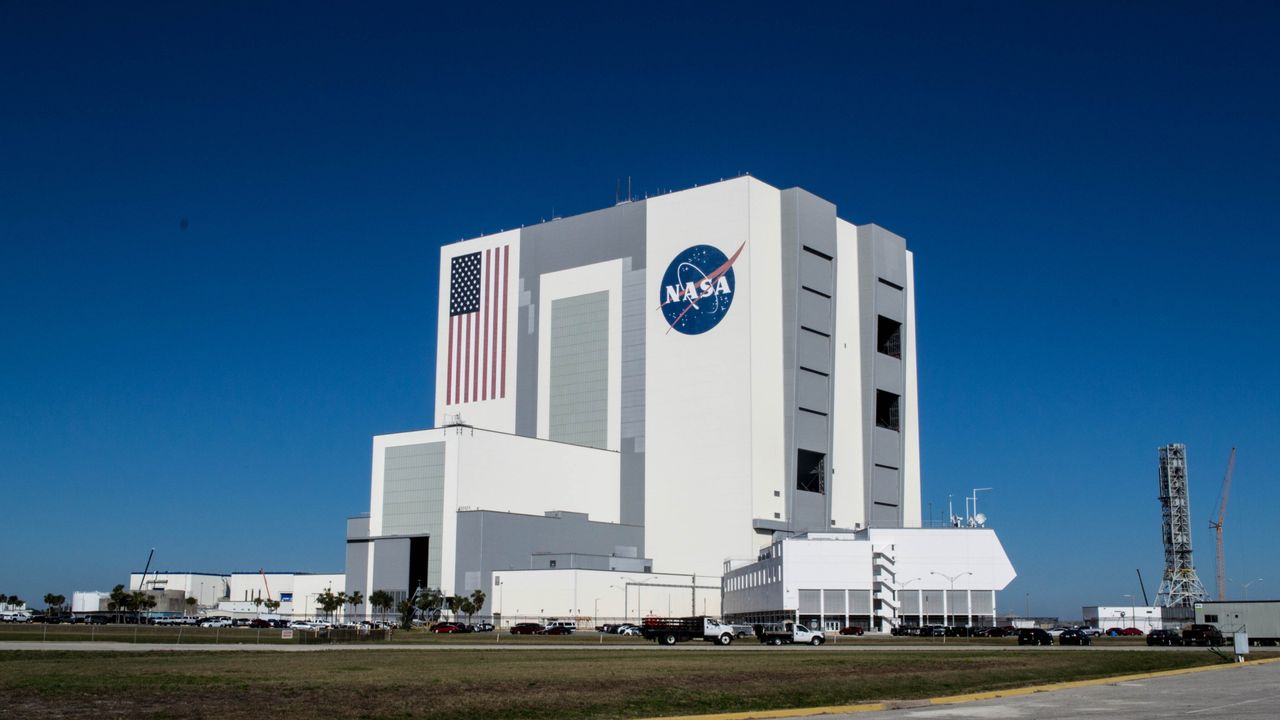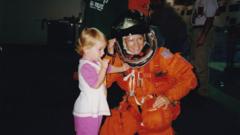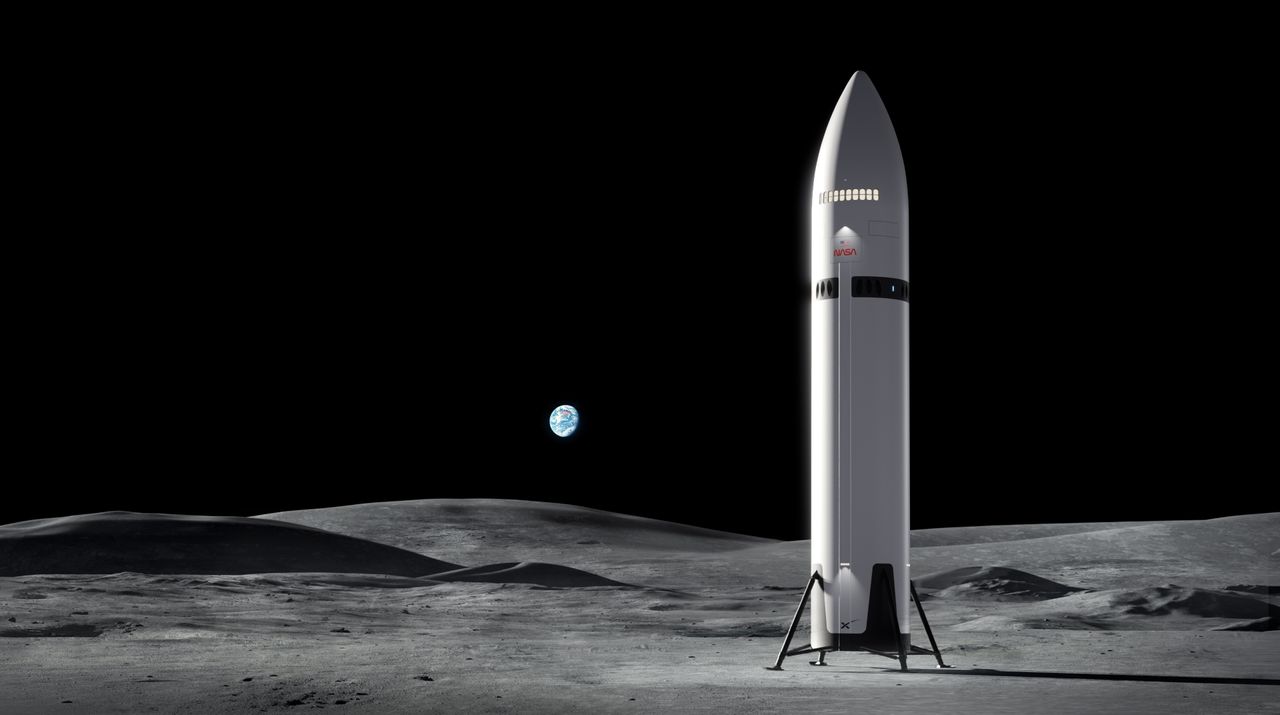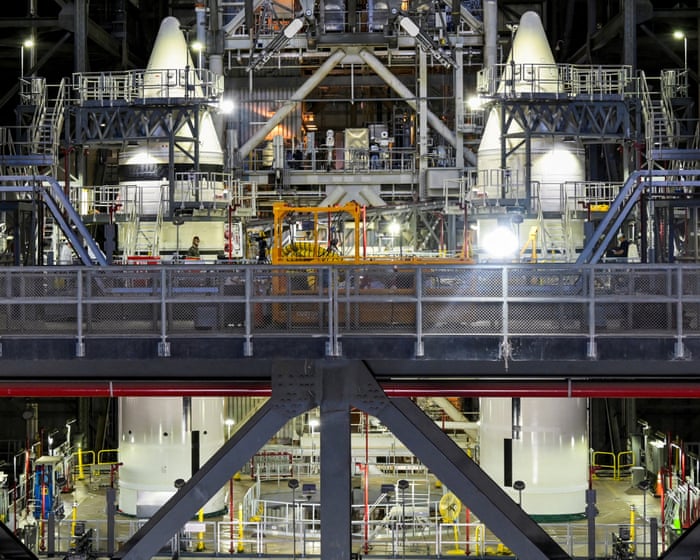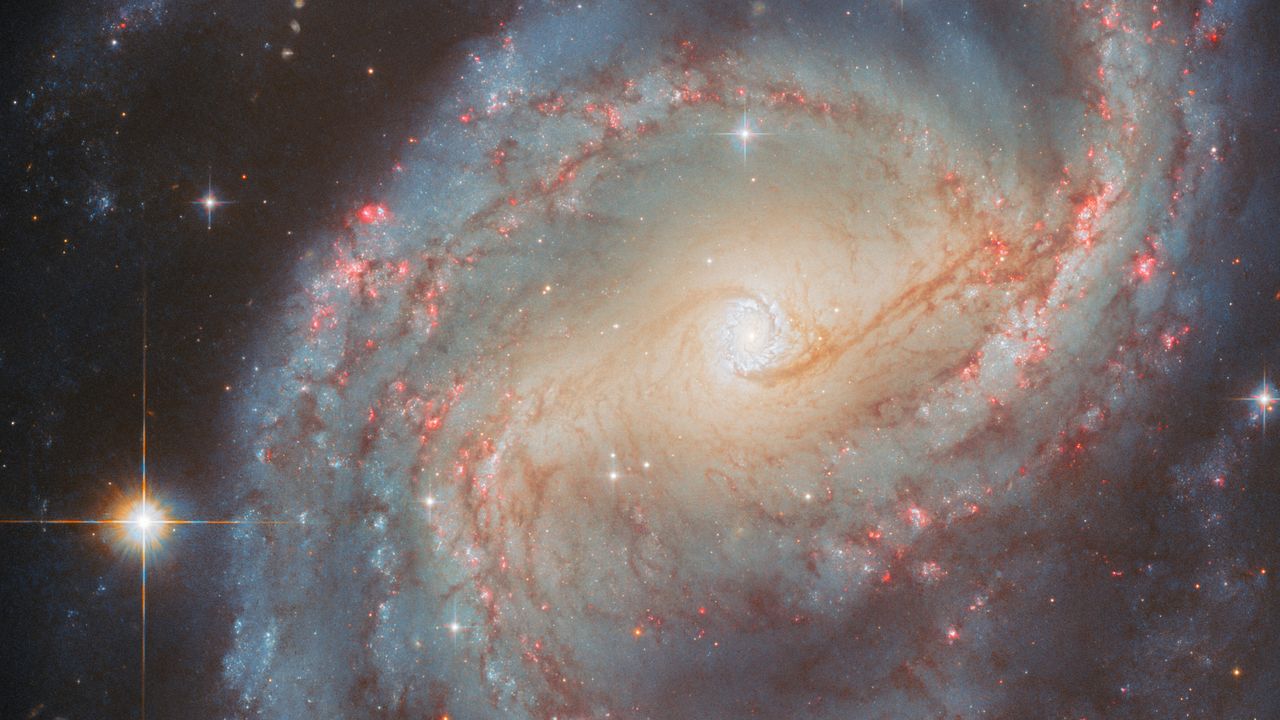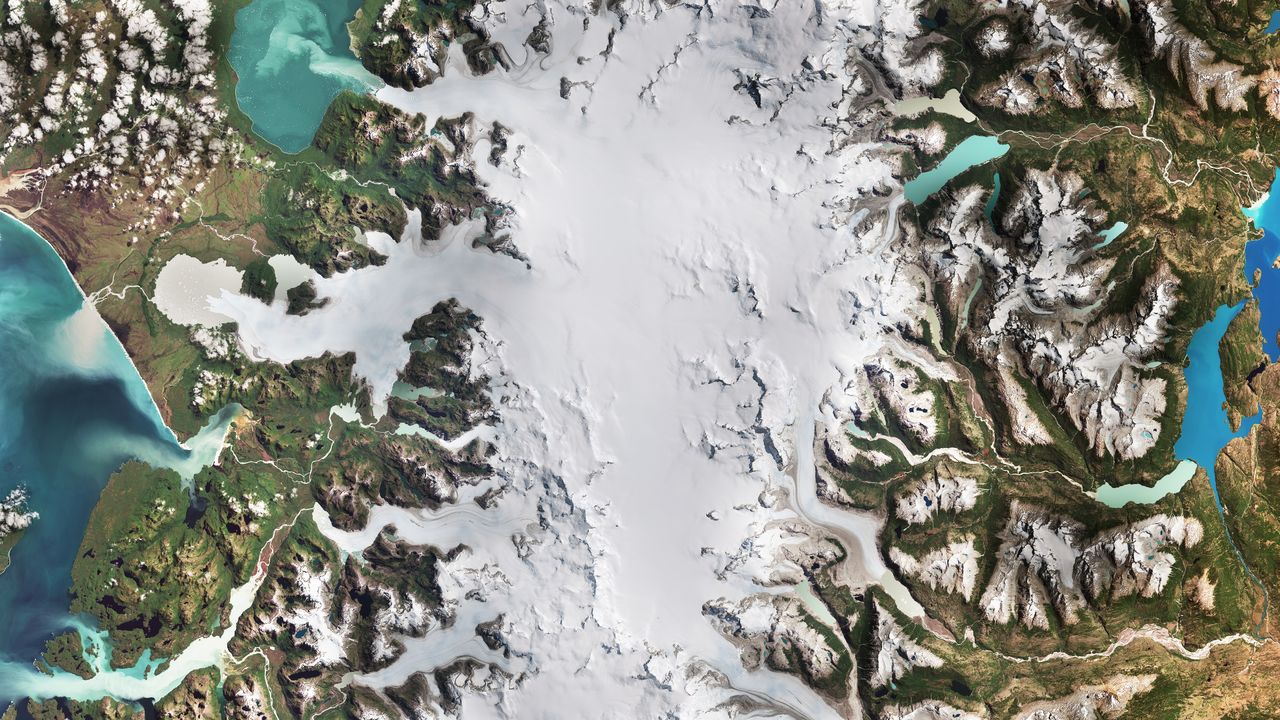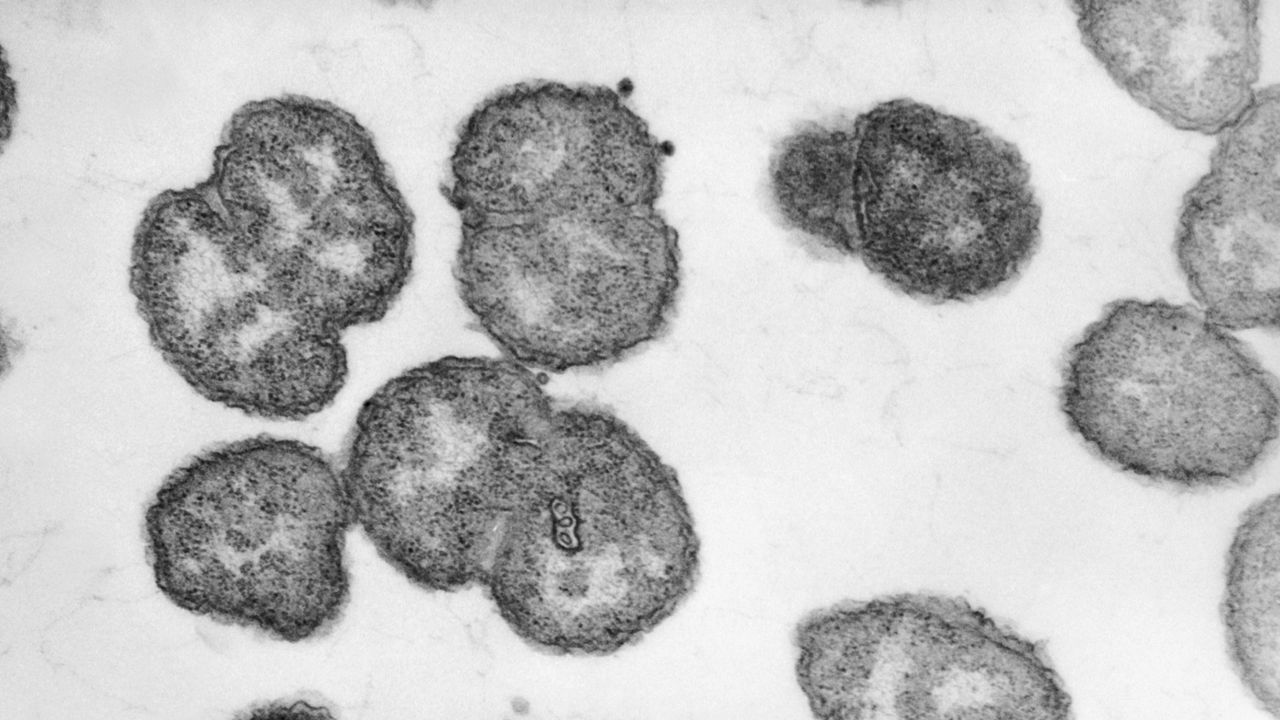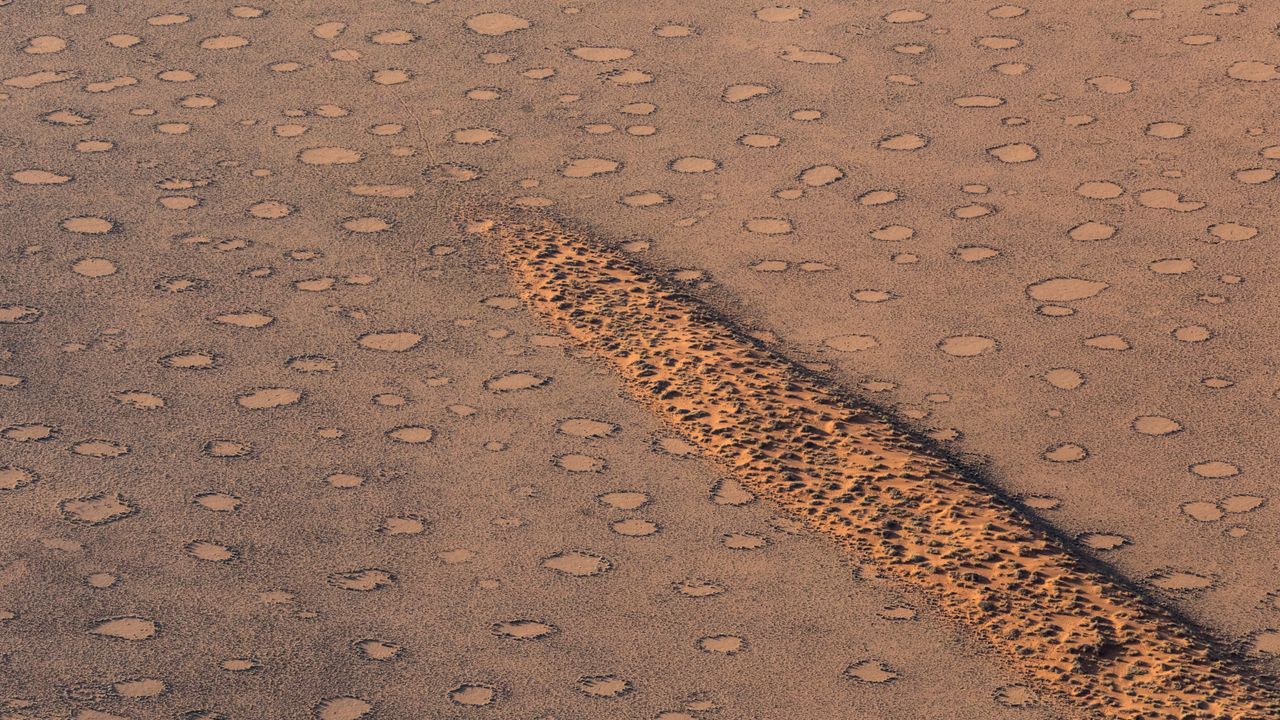NASA stacks Artemis 2 moon mission's Orion capsule atop SLS rocket ahead of 2026 launch
PositiveScience
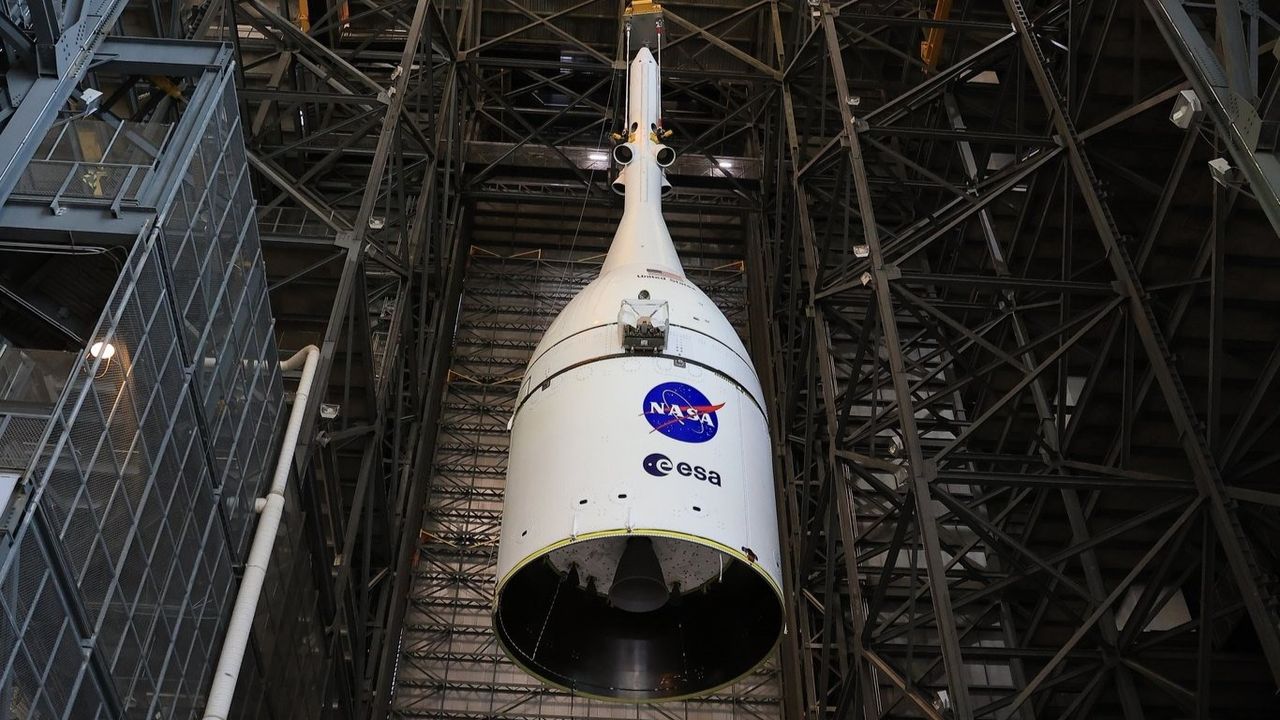
NASA has successfully assembled the Artemis 2 mission's Orion capsule on top of the SLS rocket, marking a significant step towards sending astronauts around the moon in 2026. This mission is crucial as it aims to pave the way for future lunar exploration and potential human settlement, showcasing advancements in space technology and international collaboration.
— Curated by the World Pulse Now AI Editorial System
